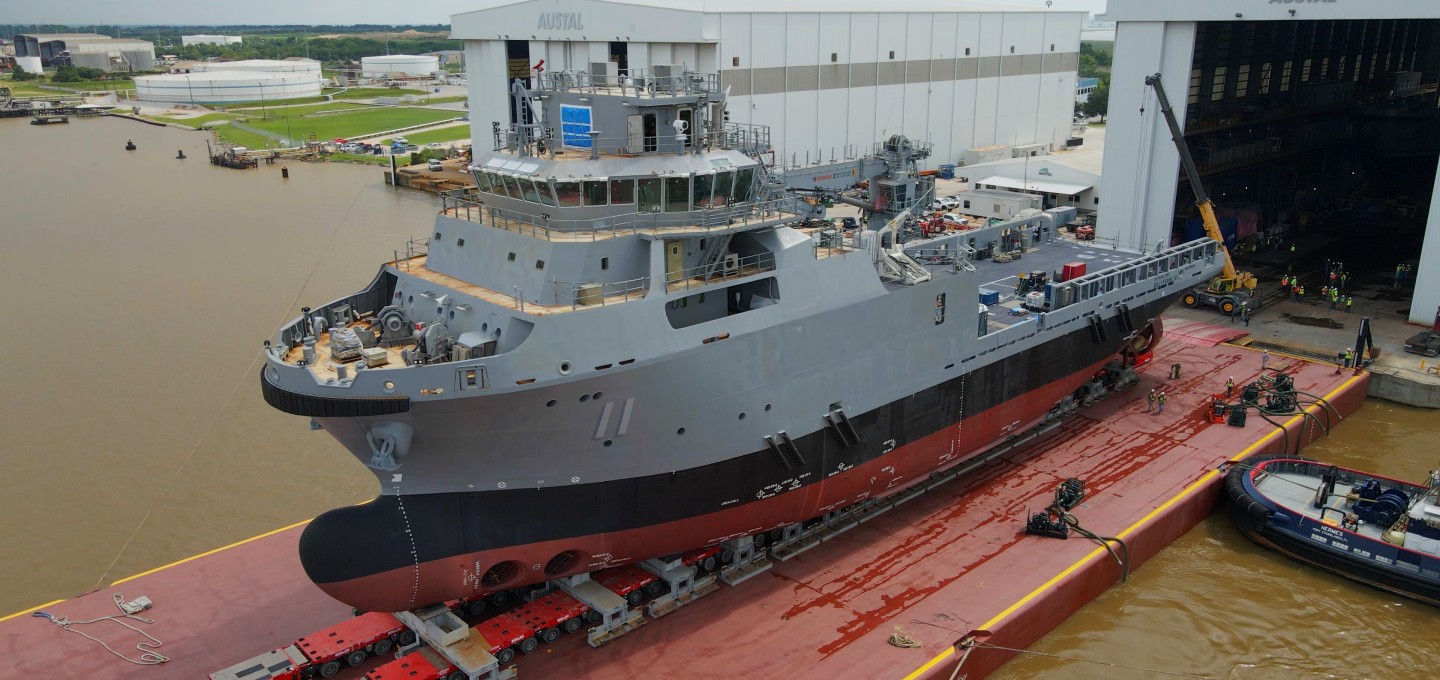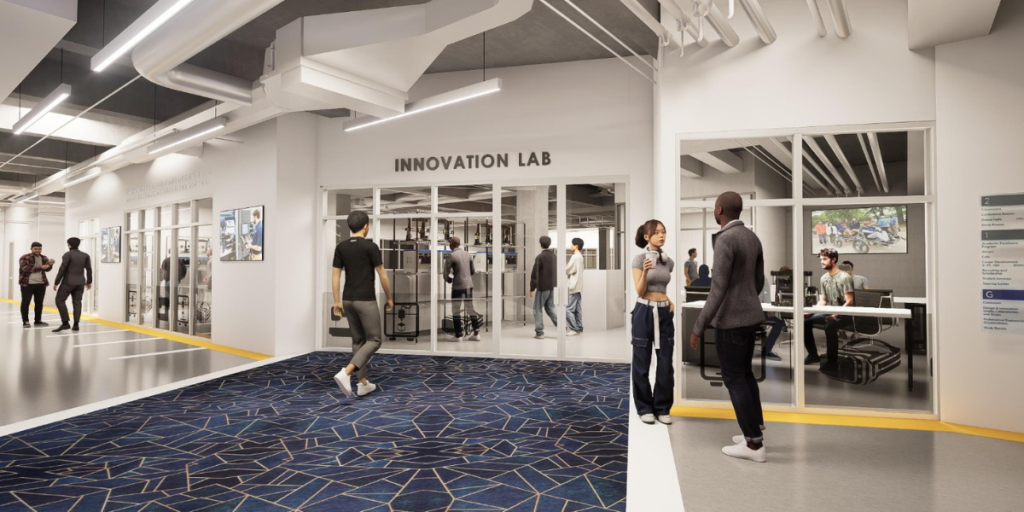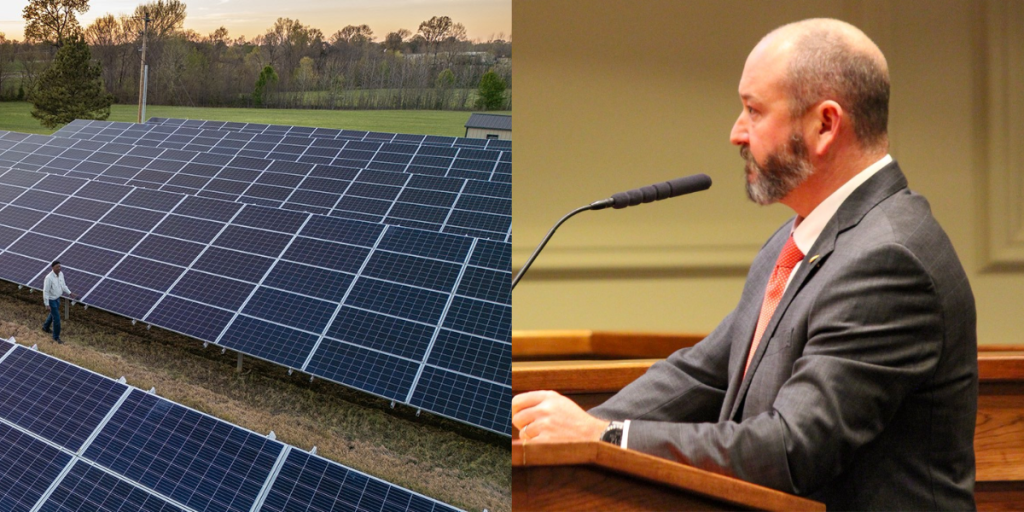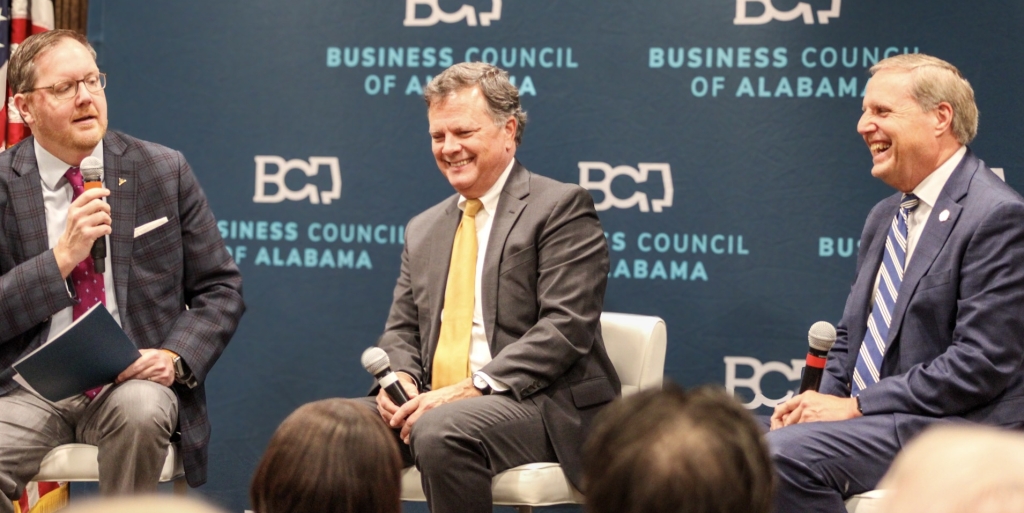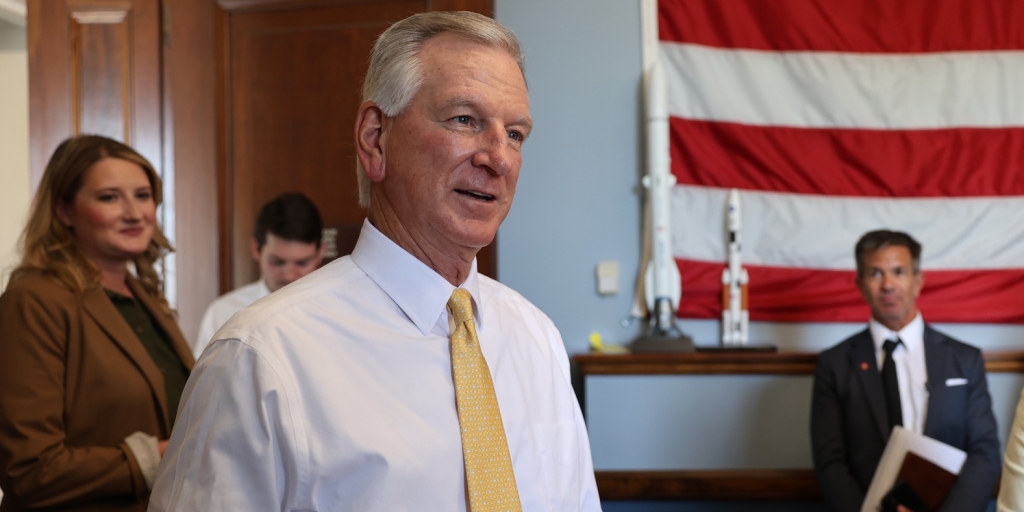The U.S. Navy says there is an “urgent” need to build and repair the ships and submarines needed for national security and global power projection, and Alabama figures prominently in those plans.
From the shipyards and manufacturers that dot the coastline to suppliers, machine shops, additive manufacturers and designers found in all parts of Alabama, an effort is underway to grow the Maritime Industrial Base (MIB) here. Those endeavors also reach into K-12 schools, the Alabama Community College System and the University of Alabama to feed the need for 10,000 jobs during the next decade.
“Alabama is positioned in such an extraordinary way to assist our nation right now in standing up our maritime defense capabilities,” said Lindsay Cline, director of Strategic Partnerships for the U.S. Navy’s MIB.
Perhaps most prominent is Austal USA, which has been making U.S. Navy ships for decades and recently added submarine modules to its manufacturing capabilities in the Port City.
But Cline said the MIB in Alabama extends well beyond that.
“The maritime industrial base is a lot more than just what happens in the shipyard,” she said. “That’s a huge part of it. But a lot of it actually happens in the supplier base. So, we have a significant amount of supplier activity that occurs all the way up to the most northern part of Alabama to support our shipyards.”
That work ranges from the tried-and-true practices that have been part of shipbuilding for centuries to the introduction of new technologies, such as robotics, additive manufacturing (3-D printing), new materials and innovations to the supply chain.
According to the American Waterways Operators, the maritime industry accounts for 12,860 jobs and an economic output of $57.8 billion in the Yellowhammer State. But officials said there is room and need for growth.
Alabama Commerce Secretary Ellen McNair said growing the MIB fits into the state’s Catalyst strategic economic development plan, which has the defense industry as a key sector for the state.
“Alabama plays a vital and growing role in strengthening the nation’s Maritime Industrial Base, and we’re fully committed to expanding our impact,” McNair said. “From world-class shipbuilding in Mobile to high-precision manufacturing and fabrication shops across the state, our industrial capabilities are well-aligned with the needs of this strategic sector. We’re also working closely with our partners to make sure our workforce is ready to meet future demand.”
Cline said building out that workforce is a key challenge.
“We have about 10,000 jobs that we’re going to need people to fill over the next 10 years,” she said. “That’s a significant accomplishment that we are trying to be really successful at.”
To do that, Cline, an Alabama native, has been working with entities in the state.
“What we’re doing to support that is we’re building out training programs through the Alabama Community College System and being really intentional in partnering with our K-12 system, as well, to make sure that we are preparing students to have the skilled trade work set that they’re going to need in order to join the Maritime Industrial Base,” she said. “We have a great partnership with the University of Alabama that extends into their engineering school that we’re real excited about.”
Earlier this summer, Secretary of the Navy John Phelan emphasized the urgency of growing the MIB.
“Our global presence sends a clear message to the world,” Phelan said in a video released by the Navy. “The United States Navy and Marine Corps are prepared and ready to fight and win anytime and anywhere. I now have a clear picture of our challenges, and I’m developing a plan to fix what’s broken. We need to act with urgency to rebuild our capacity and expertise. We have a short-term problem, which is we have to get hulls in the water. The long-term problem is we need a Maritime Industrial Base. We need shipbuilders. We need that capability in this country, and the president has tasked me with making sure that we develop that and develop those jobs.”
Alabama’s secretary of commerce said the state is up to the task.
“Alabama has the talent, infrastructure and experience to lead – and we’re ready to answer the call,” McNair said.
Courtesy of the Alabama Department of Commerce’s Made in Alabama website.




